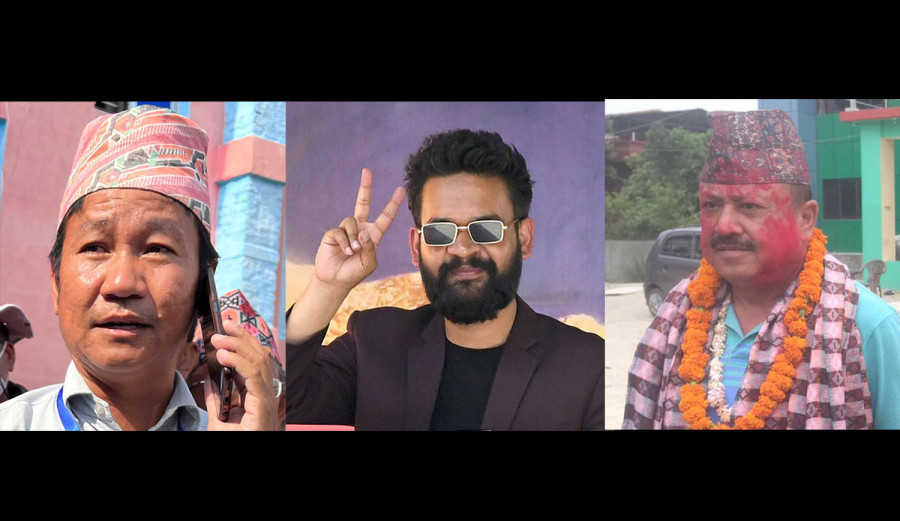Editorial
Mavericks steal the show
The victories of independent candidates reflect the frustration of citizens with the parties.
The local elections have been interesting in more ways than one. Not least interesting is the election of independent candidates in some major cities, including Kathmandu, the capital. While Kathmandu Metropolitan City elected Balendra Shah, a young rapper and structural engineer, as mayor; Dharan Sub-Metropolitan City elected Harka Raj Rai, a young social activist; and Dhangadhi Sub-Metropolitan City elected Gopal Hamal, also a social activist. Kanakasundari Rural Municipality elected Dhan Bahadur Kami and his panel of three independent candidates from the Dalit community as members of Ward 8.
The election of these independent candidates, who claim little or no political legacy but only promise hope for change, seems to have startled many; but the citizens who have brought them to power may not be too surprised. After all, the victories of these independent candidates reflect the frustration of citizens with the established political parties. What these candidates have done is to show that it is not impossible to break the barriers created by the established political parties to reach the common citizens and represent their desires for change. The change that seemed like a chimera until two weeks ago is at the door now, and it has come as an unequivocal wake-up call for the political parties to mend their ways and stop taking the opinions and needs of the citizens for granted.
Will this, however, lead to a change in the way politics is practised in Nepal? For that, we will have to wait until these representatives complete their terms. For, delivery is key. Once they have passed the first hurdle, the ones that follow should not be too difficult to breach. More than their elevation, their real test will be in the translation of their promises into real change. The new independent representatives face the challenge of working with—even against—a system that has long been resisting change. Their challenge is to live up to the expectations of the citizens; to bring fresh and innovative ideas to the table and translate them to action, often without formidable backing. They will, therefore, have to work with utmost alacrity and authority to subdue attempts to sabotage their efforts. Only when they re-oil the old bureaucratic machinery can they herald the change they have promised to the citizens.
They also have a huge responsibility to fulfil those expectations, for a real change will come only if this momentum is sustained with action. So, how these representatives conduct themselves during their terms has the potential to either change how politics is practised in Nepal, or adapting to the status quo, leaving citizens frustrated once again. After lamenting for long about the absence of options, the citizens have finally made their choices apparent by giving formidable electoral mandates to independent candidates in the local elections. It is now up to the elected representatives to bring the little changes the citizens want in their daily lives, including the delivery of the most basic amenities such as drinking water, sanitation, education and health. These changes are not too difficult to attain; all that the representatives need to do is to remain true to their promises of change.




 20.9°C Kathmandu
20.9°C Kathmandu














